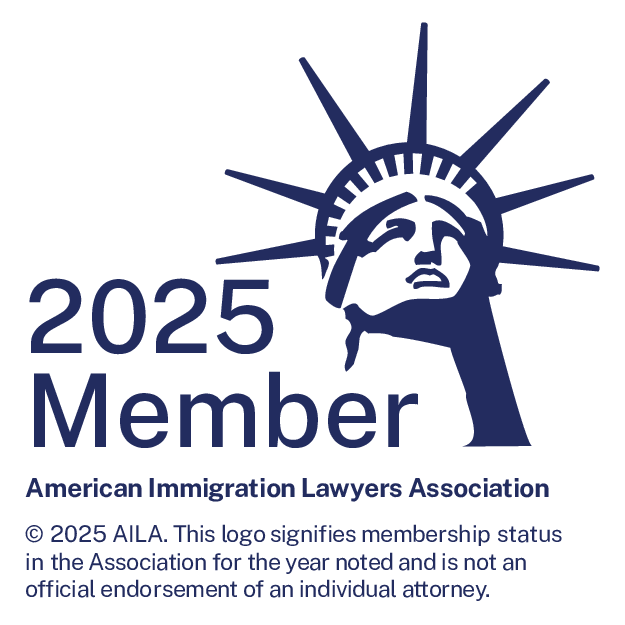National Interest Waiver for Physicians Working in Medically Underserved Areas
Physicians working in medically underserved areas may qualify for a waiver of the labor certification requirement (a component of most employment-based immigration cases) on grounds that practicing medicine in such areas is in the national interest (INA §203(b)(2)(B)(ii). In order to qualify for the National Interest Waiver (NIW) benefit under this law:
- the foreign national physician must agree to work full-time in a health shortage area or for the VA [Veterans Administration];
- a federal agency or state public health department has to determine that the work is in the public interest;
- the physician must work full-time for an aggregate of 5 years (not including time on J-1 [visa] before s/he is eligible for AS [Adjustment of Status] or IV [Immigrant Visa]. 8 C.F.R. §§204.12(a)-(c).
(Ira J. Kurzban, Immigration Law Sourcebook, 11th edition 2008, page 880.)
Prior to 2007 this NIW benefit was limited to physicians practicing primary care medicine. As a result of the decision in Schneider v. Chertoff, 450 F.3d 944 (9th Cir. 2006), the USCIS was required to also accept national interest waiver applications for physicians providing care in designated medical specialties, so long as service is in a federally identified medically underserved area. This change notwithstanding, the State of Ohio continues to limit the NIW benefit to physicians in primary care practice (family medicine, general medicine, pediatrics, internal medicine, obstetrics/gynecology, geriatrics, and psychiatry).
A NIW petition must be supported by:
- contract of employment or if self-employed an attestation;
- evidence of employment in a HPSA (Health Professional Shortage Area] or VA [Veterans Administration] and in a designated specialty by HHS [Health and Human Services] for the HPSA;
- a letter dated within 6 months of filing the petition from a federal agency or from the department of public health of the State attesting that the physician’s work is in the public interest;
- evidence that the physician meets the admissibility requirements…regarding USMLE;
- and evidence of 212(e) [J-1] waiver if applicable. 8 C.F.R. §204.12(c).
(Ira J. Kurzban, Immigration Law Sourcebook, 11th edition 2008, page 880.)
If visa numbers are available, the I-485 application for permanent residence may be filed concurrently with or after the NIW I-140 immigrant visa petition is filed. The USCIS will not, however, adjudicate the I-485 application until the physician completes the 5-year service commitment.



